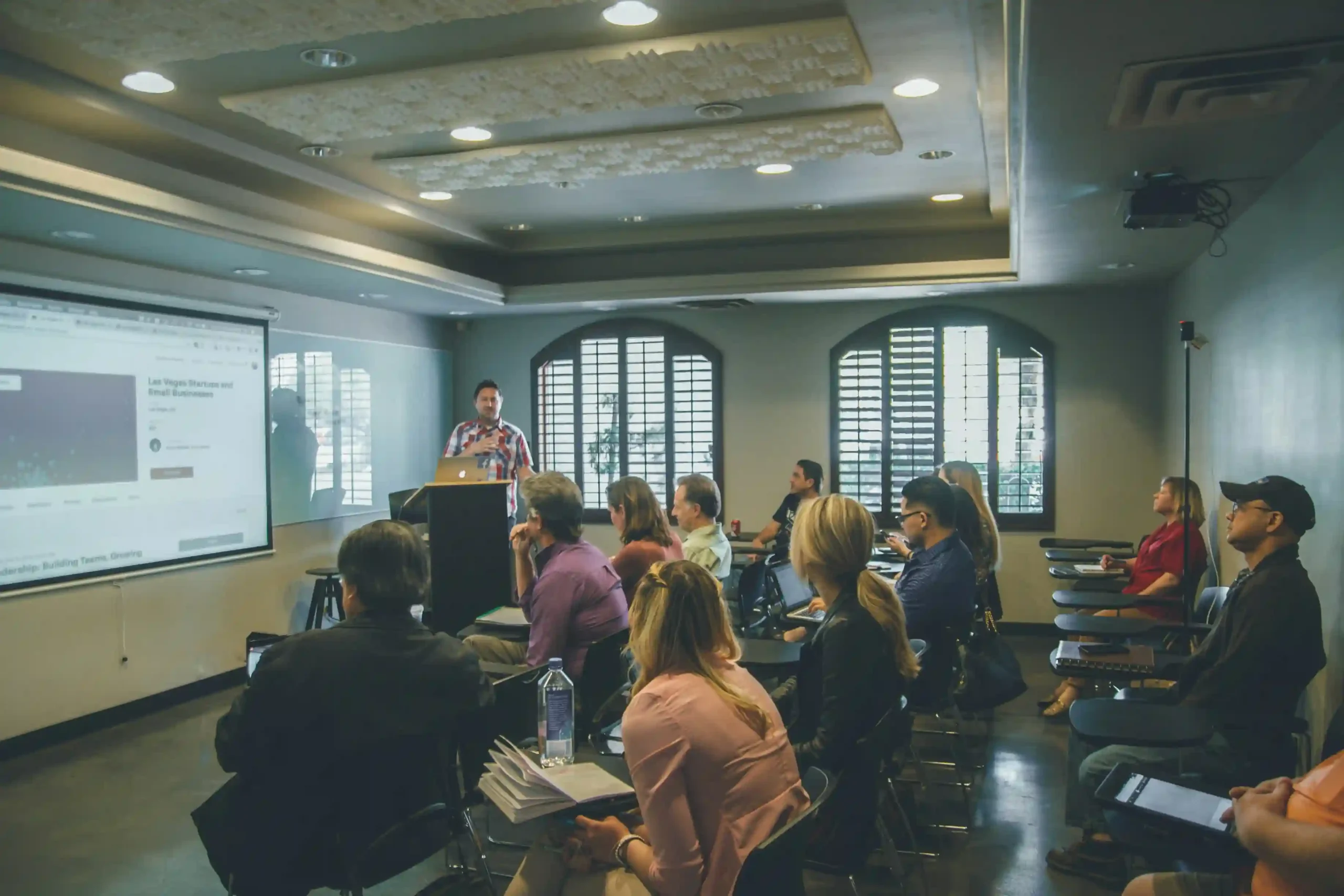How Long Does It Take to Learn Web Development?
ghifari
June 24, 2024
5 min read

Web development is a sought-after skill in today’s digital world. With websites being a critical component of almost every business, knowing how to create and maintain them can open up many career opportunities. But a common question arises: how long does it take to learn web development? The answer depends on several factors, including your starting point, learning pace, and the specific skills you want to acquire. In this article, we’ll explore these aspects in detail to give you a comprehensive understanding of the time commitment required.
Understanding Web Development
Before diving into the timeline, it’s essential to understand what web development entails. Web development can be broadly categorized into three types:
- Front-End Development: This involves creating the visual aspects of a website that users interact with. It includes skills like HTML, CSS, and JavaScript.
- Back-End Development: This focuses on the server side, dealing with databases, server logic, and application programming interfaces (APIs). Common languages include Python, Ruby, PHP, and Java.
- Full-Stack Development: This is a combination of both front-end and back-end development skills. Full-stack developers can handle all aspects of web development.
Learning Paths and Timeframes
1. Beginner Level
For someone with no prior experience in coding, the initial learning phase will involve understanding the basics of programming and web technologies. Here’s a general timeline:
- HTML & CSS: These are the building blocks of web development. You can learn the basics of HTML and CSS in about 2-3 weeks with consistent practice. These languages are relatively straightforward and are the foundation for web design.
- JavaScript: As the primary scripting language for web development, JavaScript is more complex. Learning the basics can take 1-2 months. This includes understanding variables, loops, functions, and basic DOM manipulation.
Total Time: 2-3 months
2. Intermediate Level
Once you have a grasp of the basics, you can start building more complex projects and dive deeper into the following areas:
- Responsive Design: Learning how to create websites that look good on all devices can take an additional 2-3 weeks. This involves mastering CSS frameworks like Bootstrap and understanding media queries.
- JavaScript Frameworks: Libraries and frameworks like React, Angular, or Vue.js are essential for modern web development. Learning a framework can take 1-2 months depending on your dedication and the complexity of the framework.
- Version Control Systems: Understanding tools like Git and GitHub is crucial for collaborating with other developers. This can be learned in about 1 week.
Total Time: 3-5 months
Read also:
Why is JavaScript So Popular in Web Development?
3. Advanced Level
Reaching an advanced level requires mastering both front-end and back-end skills. Here’s a breakdown:
- Back-End Development: Learning server-side languages and frameworks, such as Node.js, Django, or Ruby on Rails, can take 2-3 months. This includes understanding server architecture, databases (SQL and NoSQL), and APIs.
- Database Management: Gaining proficiency in managing and querying databases can take an additional 1-2 months.
- Full-Stack Development: Combining front-end and back-end skills to build full-stack applications can take another 2-3 months. This phase focuses on integrating both ends and understanding the complete development workflow.
Total Time: 6-9 months
Factors Affecting Learning Time
Several factors can influence how quickly you learn web development:
1. Learning Method
- Self-Study: Learning through free online resources, tutorials, and coding challenges can be slower but more flexible.
- Bootcamps: Intensive coding bootcamps can accelerate the learning process. Most bootcamps last 3-6 months and cover a comprehensive curriculum.
- Formal Education: A degree in computer science or a related field typically takes 2-4 years but provides a thorough understanding of programming and web development concepts.
2. Time Commitment
- Part-Time: If you’re learning web development while juggling a job or other responsibilities, expect a slower pace. Part-time learners might take 1-2 years to become proficient.
- Full-Time: Dedicating yourself full-time to learning web development can significantly shorten the timeline. Full-time learners can become job-ready in 6-12 months.
3. Prior Experience
- Previous Coding Experience: If you have experience in other programming languages or fields, you might find it easier to grasp web development concepts, reducing the learning time.
- Technical Background: A background in IT or related fields can also provide a head start.

Photo by Kenny Eliason on Unsplash
Tips to Speed Up the Learning Process
- Practice Regularly: Consistent practice is key to mastering web development. Work on projects, participate in coding challenges, and contribute to open-source projects.
- Build Projects: Apply what you learn by building real-world projects. This not only reinforces your skills but also enhances your portfolio.
- Join Communities: Engage with online communities like Stack Overflow, GitHub, and Reddit. Networking with other developers can provide support, feedback, and learning opportunities.
- Stay Updated: Web development is a constantly evolving field. Keep up with the latest trends, tools, and technologies by following blogs, attending webinars, and taking advanced courses.
- Seek Feedback: Regularly seek feedback on your code from more experienced developers. Constructive criticism can help you improve and learn more efficiently.
Conclusion
The time it takes to learn web development varies widely based on individual circumstances. On average, a beginner can achieve a solid understanding of front-end development in 3-5 months and full-stack proficiency in 6-12 months with consistent effort. Remember, web development is a journey of continuous learning and improvement. Stay dedicated, practice regularly, and you’ll see progress over time.
Whether you choose self-study, bootcamps, or formal education, the key to success lies in persistence and passion for building and improving web experiences. Start your journey today, and soon you’ll be able to create dynamic, responsive websites that make an impact.
Related Article
How to Choose the Best Web Development Framework for Your Project
In the fast-paced world of web design, choosing the right web... In the fast-paced world of web design, choosing the right web development framework can make or break your project. With countless options...
10 Essential Skills Every Web Developer Should Learn
Photo by Joshua Aragon on Unsplash In today’s tech-driven world,... Photo by Joshua Aragon on Unsplash In today’s tech-driven world, web development is one of the most in-demand careers. Whether...
Top Web Development Trends in 2024: What’s New in Tech?
Photo by Andrew Neel on Unsplash The web development landscape... Photo by Andrew Neel on Unsplash The web development landscape is constantly evolving, and 2024 is shaping up to be...


